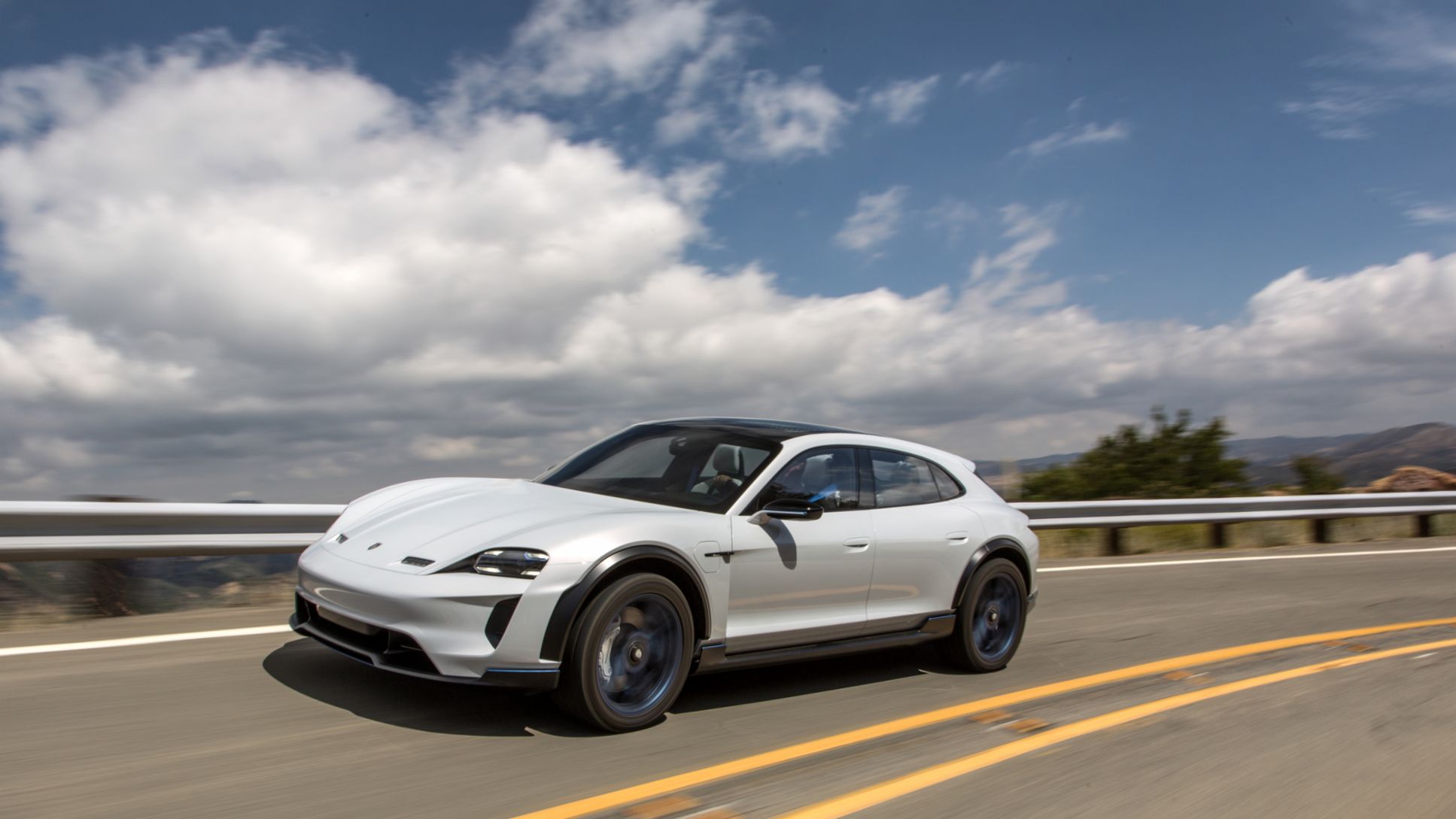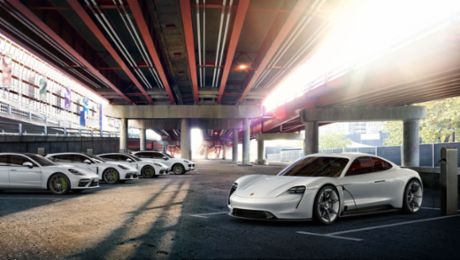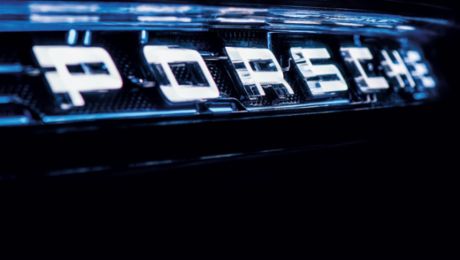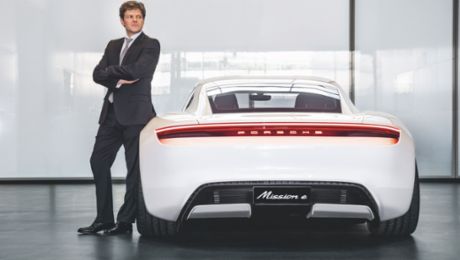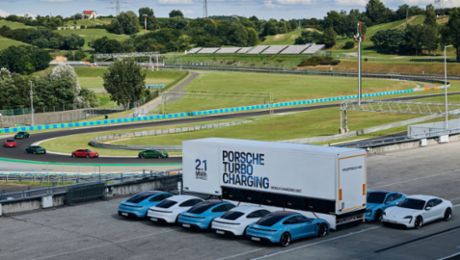By 2022, Porsche will have invested more than six billion euros in e-mobility, creating the basis for sustainable growth into the future. Interest in hybrid models is already taking off. 63 percent of the Panameras sold in Europe, for example, are hybrid models. Demand for diesel models, on the other hand, is dropping. In 2017, the diesel share of worldwide Porsches was 12 percent. Porsche has not had a diesel in its portfolio since February of this year. Due to this change in conditions, the company has decided to no longer offer diesel propulsion in future.
“Porsche is not demonising diesel. It is, and will remain, an important propulsion technology. We as a sports car manufacturer, however, for whom diesel has always played a secondary role, have come to the conclusion that we would like our future to be diesel-free. Naturally we will continue to look after our existing diesel customers with the professionalism they expect,” says Oliver Blume, CEO of Porsche AG.
With the Taycan, Porsche will bring its first purely electric sports car to the market in 2019 – its manufacture is CO2 neutral and it is supplied with green electricity via an ultra-fast charging infrastructure spread over Europe. By 2025, every second new Porsche vehicle could have an electric drive – either hybrid or purely electric. The sports car manufacturer is also concentrating on optimised internal combustion engines. Purist, emotional and powerful sports cars will thus continue to play an important role in the Porsche product portfolio.
Blume stresses: “Our aim is to occupy the technological vanguard – we are intensifying our focus on the core of our brand while consistently aligning our company with the mobility of the future.”
